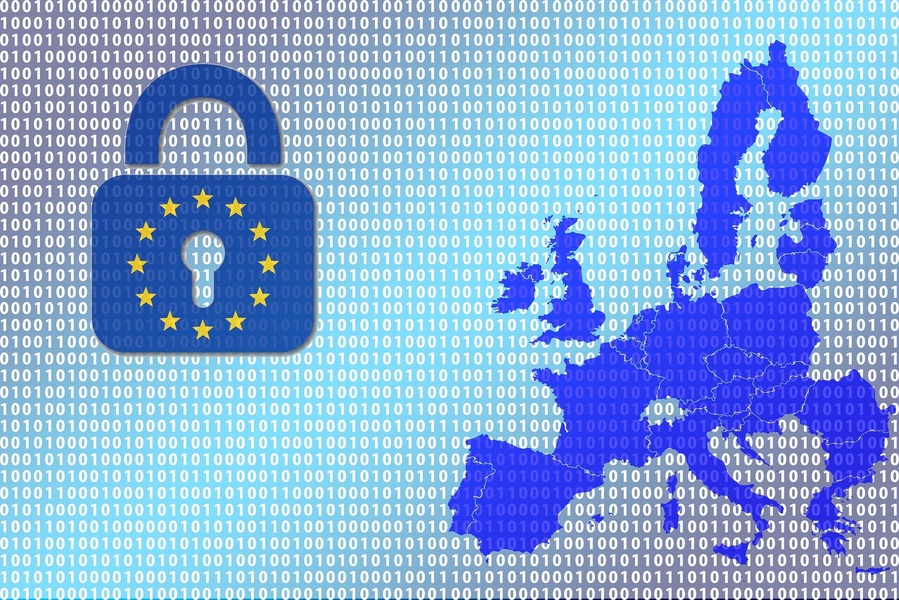Digital Identity has gathered the limelight recently among people globally. In its latest digital policy announcement, the European Union stressed on creating a trusted and secure European e-ID for the citizens.
The primary aim of the national identity card is to be universally accepted across the public sector and for commercial services.
The EU aims to eliminate the shortcomings like the lack of mobile support in its previous regulation, which they had introduced in 2014. The current framework incorporates digital wallets as part of the procedure to store essential electronic documents for verification. The EU also aims to introduce features like e-signing with these digital wallets to increase fluency. The harmonized e-ID should also be used for bookings and renting of cars, hotels or other requirements. A recent discussion with EU lawmakers has opened the possibility for the citizens to be able to submit tax declarations and even apply for admission in regional universities using the digital identity.
The acceptance of digital identity across borders has been a problem in the past. Neighbouring states who offer national identity cards have faced issues with cross-border authentication. The idea of cross-border authentication using digital identity cards is rising slowly and steadily. The universal acceptance of the e-ID would increase digital activity across the EU market as user verification won't be an issue anymore. This would help increase sales and grow the economy of the EU.
The recent discussion with EU lawmakers has thrown the spotlight on the fact that an e-ID would open doors for various digital services. A universally accepted framework for European national digital IDs would make it easier for consumers to access specific services. Similarly, it would be the perfect alternative to carry a physical identity card at all places. This will enable consumers to access services without having to use private identification methods or share personal data.
The digital identity card looks like a promising venture to increase European business as it may introduce newer services for the users and become a trustable identification service. The EU wishes to approach this as the primary step to its digital policymaking to grow its digital services in the near future. The adoption of the policy is, however, tricky. Convincing digital wallets to come forward and collaborate with the EU to avail these services for the common man and ensure they fully understand the card's authenticity is a significant hindrance to the futuristic policy.
Another major problem with the introduction of the e-ID is how the digital wallets would store and safeguard the user data. The member states have been in discussion and encouraged to set up innovative solutions in a secure environment to check personal data protection.
Concluding Thoughts
The idea of setting up a digital identity card is visionary but comes with its problems. The vision of delivering a trusted e-ID across the European Union has technical requirements to be met. The EU is taking the opportunity, wishing to convert the idea to reality soon. They believe that their digital policy of making a universal digital identity is the way forward.

